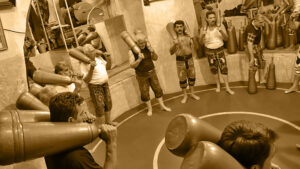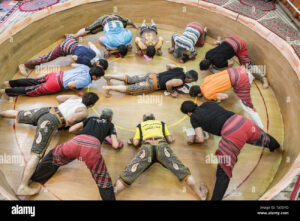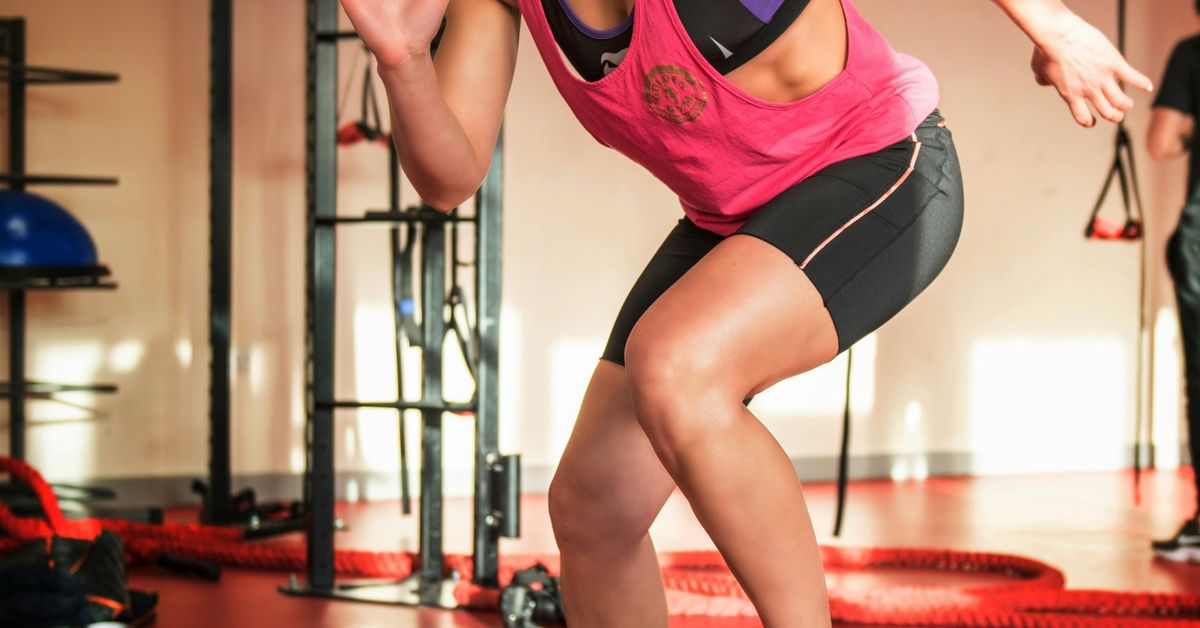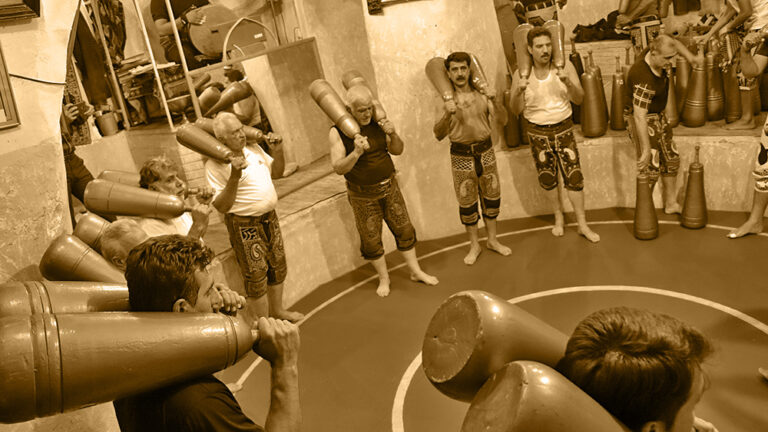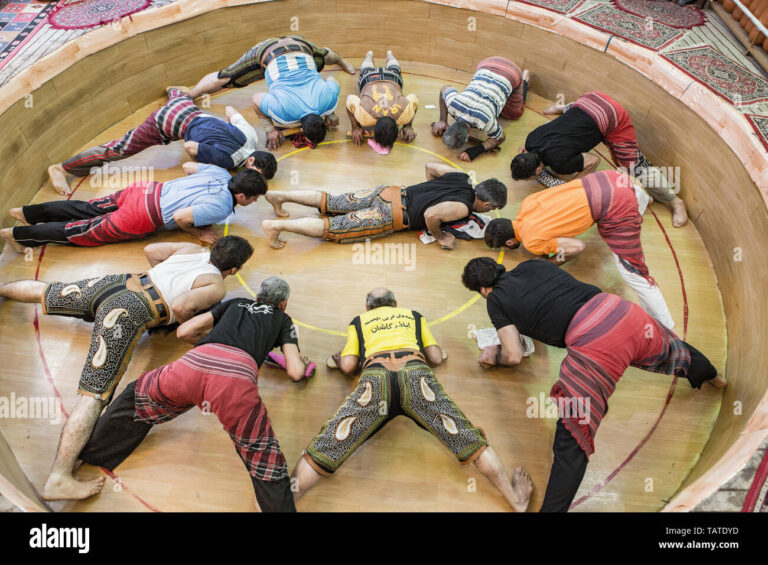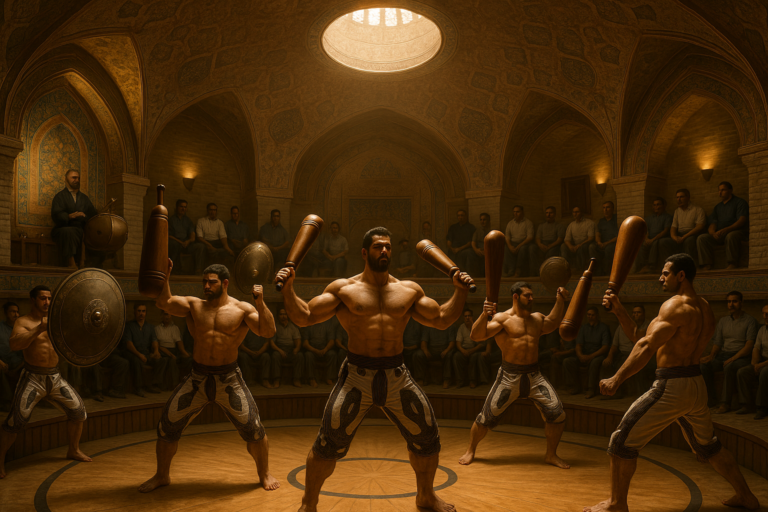What Top Athletes Know About Mental Fitness That You Don’t
As I sat down to write this article, I couldn’t help but reflect on the countless interviews I’ve conducted with athletes over the years. One thing struck me repeatedly: the mental game is just as crucial—if not more so—than the physical aspect of sports. But what exactly do top athletes know about mental fitness that the average person doesn’t?
The Overlooked Dimension of Performance
When most of us think about athletes, images of grueling training sessions, strict diets, and relentless practice come to mind. Yet, the truth is, behind every successful athlete lies a solid foundation of mental fitness. This concept might sound a bit abstract, but it encompasses everything from focus and resilience to emotional regulation and stress management.
Understanding Mental Fitness
Mental fitness, in simple terms, refers to the capacity to regulate thoughts and emotions effectively. It’s about maintaining a positive mindset, especially in the face of adversity. A significant number of athletes engage in mental training just as rigorously as they do physical training. For instance, consider the likes of Serena Williams or Michael Phelps—both have spoken openly about the role of mental strength in their success.
The Science Behind It
Research suggests that mental fitness can greatly influence performance. A study published in the Journal of Sports Psychology found that athletes with higher mental resilience tend to perform better under pressure. They’re not just physically capable; they have the mental tools to navigate high-stress situations. Think about it: how often do you see an athlete crumble during a crucial moment? It’s often not their physical abilities that let them down, but their mental state.
Key Strategies Employed by Top Athletes
So, what specific strategies do elite athletes use to bolster their mental fitness? Here are some of the most effective ones:
Visualization Techniques
Visualization is a common practice among top athletes. They often spend time imagining themselves succeeding—whether it’s sinking a winning basket, crossing the finish line, or executing a perfect routine. The brain can’t always distinguish between real and imagined experiences, which means that mental rehearsal can enhance actual performance. I once spoke with an Olympic gymnast who described how she visualized every single move, down to the tiniest detail, long before she ever set foot on the mat.
Mindfulness and Meditation
Mindfulness has become a buzzword in recent years, but it’s more than just a trendy term. Athletes use mindfulness and meditation to hone their focus and reduce anxiety. A notable example is NBA superstar LeBron James, who incorporates meditation into his daily routine. It allows him to clear his mind and prepare for the challenges of a grueling season. Practicing mindfulness can help athletes stay present, enhancing their decision-making and overall performance.
Positive Self-Talk
We all have that inner voice—sometimes it’s encouraging, other times, it can be downright discouraging. Top athletes recognize the importance of positive self-talk. Instead of dwelling on mistakes, they focus on affirmations and constructive feedback. It’s a mental trick that can make all the difference. I remember a conversation with a tennis player who said, “When I’m about to serve, I tell myself, ‘You got this. Just breathe.’ It’s amazing how much that changes my game.”
The Role of Coaches and Support Systems
While individual mental fitness is critical, it’s equally important to recognize the role of coaches and support systems in an athlete’s mental well-being. Coaches are often more than just strategists; they are also mentors and psychologists. A great coach can help athletes develop coping strategies, provide motivation, and foster a positive team culture.
The Importance of Team Dynamics
Take a moment to think about your favorite sports team. It’s not just about the individual talents; it’s the synergy that makes a difference. Teams that support one another foster a sense of belonging and security, which can significantly impact mental fitness. Just picture a football team huddled together, rallying each other before a big game. That camaraderie is vital.
Seeking Professional Help
In recent years, there’s been a shift in the stigma surrounding mental health in sports. Athletes are increasingly open about seeking help from sports psychologists. This partnership can help them develop mental strategies, cope with pressure, and recover from setbacks. It’s refreshing to see athletes like Kevin Love advocating for mental health awareness, proving that even the strongest among us need support.
Common Misconceptions About Mental Fitness
Despite the growing recognition of mental fitness, several misconceptions persist. Let’s tackle a few of these myths head-on.
Myth: Mental Fitness is Only for the Weak
Some people still view mental fitness as a sign of weakness. This couldn’t be further from the truth. In fact, it takes immense strength to acknowledge mental challenges and seek help. Athletes who prioritize mental fitness are often the most resilient.
Myth: You’re Either Mentally Strong or You’re Not
Another common myth is that mental strength is an innate trait. The reality is that mental fitness can be developed and strengthened over time, just like physical fitness. Athletes who commit to mental training often see improvements over time. It’s not a static quality; it’s a journey.
Real-World Examples of Mental Fitness in Action
It’s one thing to talk about mental fitness in theory, but seeing it in action can be truly inspiring. Let’s delve into some real-world examples that showcase the power of mental fitness.
Michael Phelps: Overcoming Adversity
Michael Phelps, the most decorated Olympian of all time, has been open about his struggles with mental health. After the 2012 Olympics, he faced significant challenges, including depression and anxiety. However, he turned to therapy and embraced mental fitness techniques, allowing him to return to the sport in 2016 and win five gold medals. His story is a testament to the power of mental resilience.
Simone Biles: The Courage to Prioritize Mental Health
In 2021, Simone Biles made headlines when she withdrew from several events during the Tokyo Olympics to focus on her mental health. It was a bold move that resonated with many, emphasizing that mental fitness is just as crucial as physical prowess. By prioritizing her well-being, she not only took care of herself but also sparked a broader conversation about mental health in sports.
Incorporating Mental Fitness into Your Life
You don’t have to be an elite athlete to benefit from mental fitness techniques. Here are some practical strategies that anyone can incorporate into their daily routine:
Start Small with Mindfulness
Begin by setting aside a few minutes each day for mindfulness or meditation. It doesn’t have to be complicated—just find a quiet space, close your eyes, and focus on your breath. Over time, you’ll likely notice an improved ability to manage stress and stay present.
Practice Positive Affirmations
Write down a few positive affirmations and repeat them to yourself daily. This could be anything from “I am capable” to “I will overcome challenges.” It may feel a bit silly at first (I mean, who talks to themselves?), but it can significantly shift your mindset.
Set Realistic Goals
Whether in sports or life, setting realistic goals is essential. Break larger goals into smaller, manageable steps. Celebrate the little victories along the way. This approach can help build confidence and maintain motivation.
Conclusion: The Path to Mental Fitness
As I wrap up this exploration of mental fitness, it’s clear that top athletes possess a wealth of knowledge that extends beyond physical training. Their commitment to mental fitness is a fundamental aspect of their success and resilience. By adopting some of their strategies and reframing our approach to mental well-being, we can all enhance our performance—whether on the field, in the workplace, or in our personal lives.
So, the next time you find yourself doubting your capabilities or feeling overwhelmed, remember that mental fitness is a journey, not a destination. Just like those elite athletes, you have the potential to cultivate a resilient mind that can rise to any occasion.

